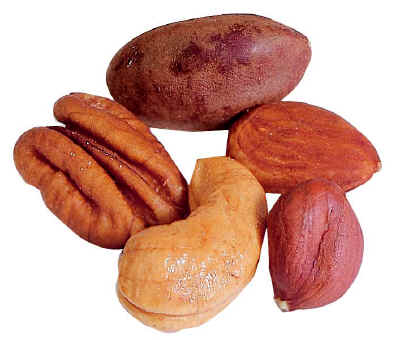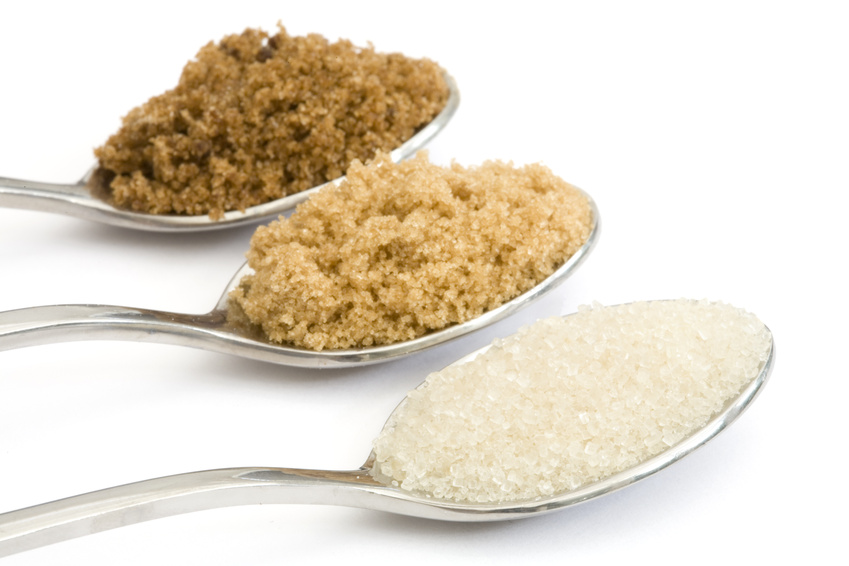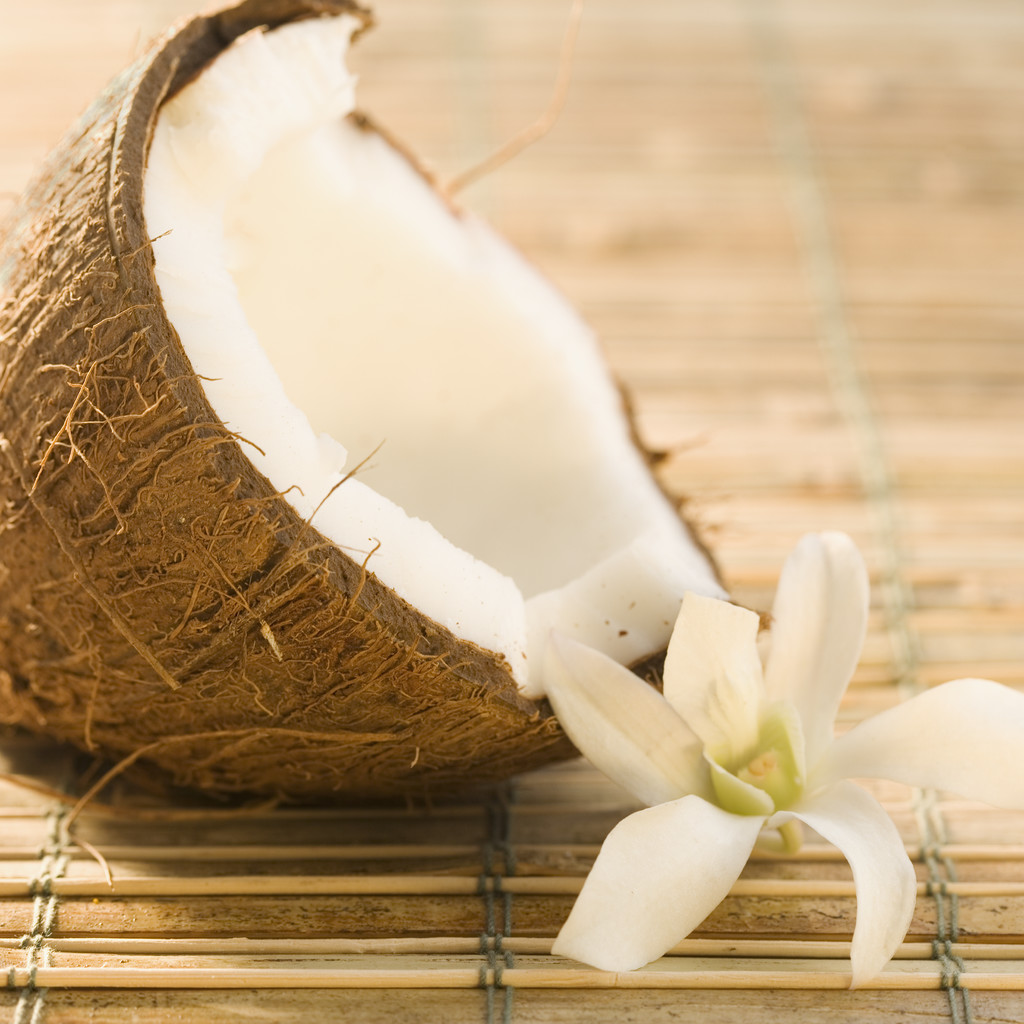Some of my clients have found they feel better without cow’s milk products in their diets. I feel strongly that when a food is being eliminated from one’s diet, it’s important to ensure that nutritional balance is maintained in its absence. That’s why a milk substitute needs to be considered. Here are a few questions to answer before you choose the best option for yourself:

What’s the protein content? Think about your overall protein intake. A cup of cow’s milk (250 ml) contains about 10 grams of protein. A cup of soy beverage can actually match that. Compare this to milk substitutes made from almond, hemp, cashew, oat, coconut and rice, each which typically contains only 2 grams of protein per cup. So if milk normally is your sole protein source at breakfast time you’ll need to replace that milk protein with another source.

Is it calcium-fortified? Like it or not, you can’t beat animal milk as the easiest way to get the most calcium per serving over any other food or natural beverage. One cup of cow’s milk contains 30 percent of the RDI for calcium (that’s about 333 milligrams). Don’t assume all milk substitutes can equal that. While many products are fortified to equate themselves with milk when it comes to calcium content per serving, some companies don’t seem concerned about your bones and muscles because they have not bothered to add it. Check labels carefully. You’ll see a form of calcium in the Ingredients list if it’s been added (“calcium phosphate”, or “calcium carbonate”, for example). It’s also easy to check calcium content quickly by looking at the Nutrition Information panel where the percent of the recommended daily intake (RDI) is listed. If calcium is less than 30% of the RDI, then the product isn’t likely fortified.

Does the product contain any other food ingredients you’d rather avoid? Sugar is one item I ask clients to minimize, but some milk substitute beverages contain up to 20 grams per serving! Choosing products that are clearly labeled as “Unsweetened” is best. If you don’t find the product palatable the way it is, consider blending it with fruit or adding some stevia extract to sweeten it in a safer way.

Is the product made from organically grown food? This is particularly important if you select soy. Non-organic soybeans are nearly always genetically modified, but what is even worse is that many GMO foods are designed to be sprayed with a chemical weed killer called glyphosate—not just during growing season, but at harvest time. I know what I’d choose when given the choice.
Of course, there are other factors to consider when selecting a milk substitute beverage, but I’m hoping you see why these four questions really matter. If you’re still not sure which product is best for you, consulting a holistic nutritionist can help!
